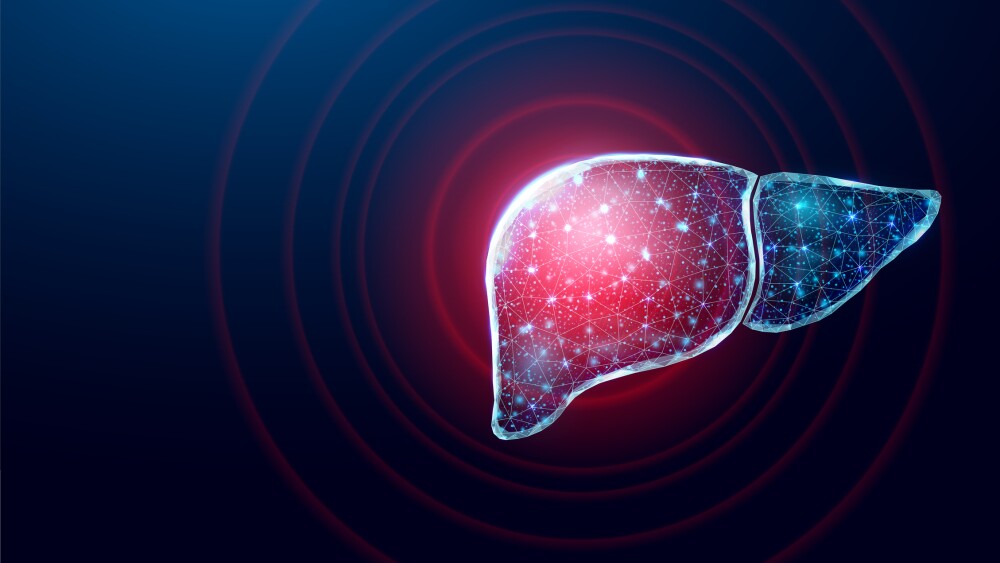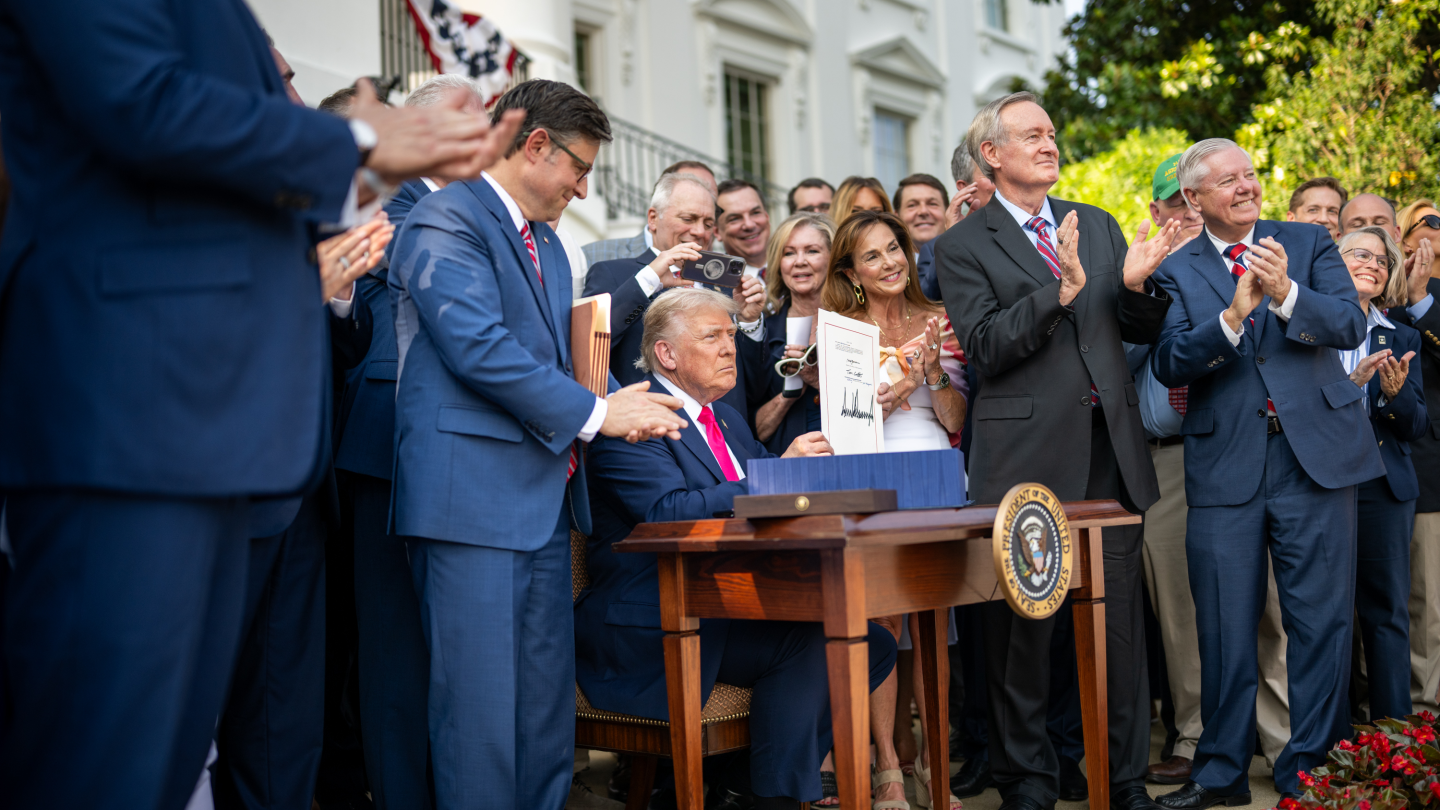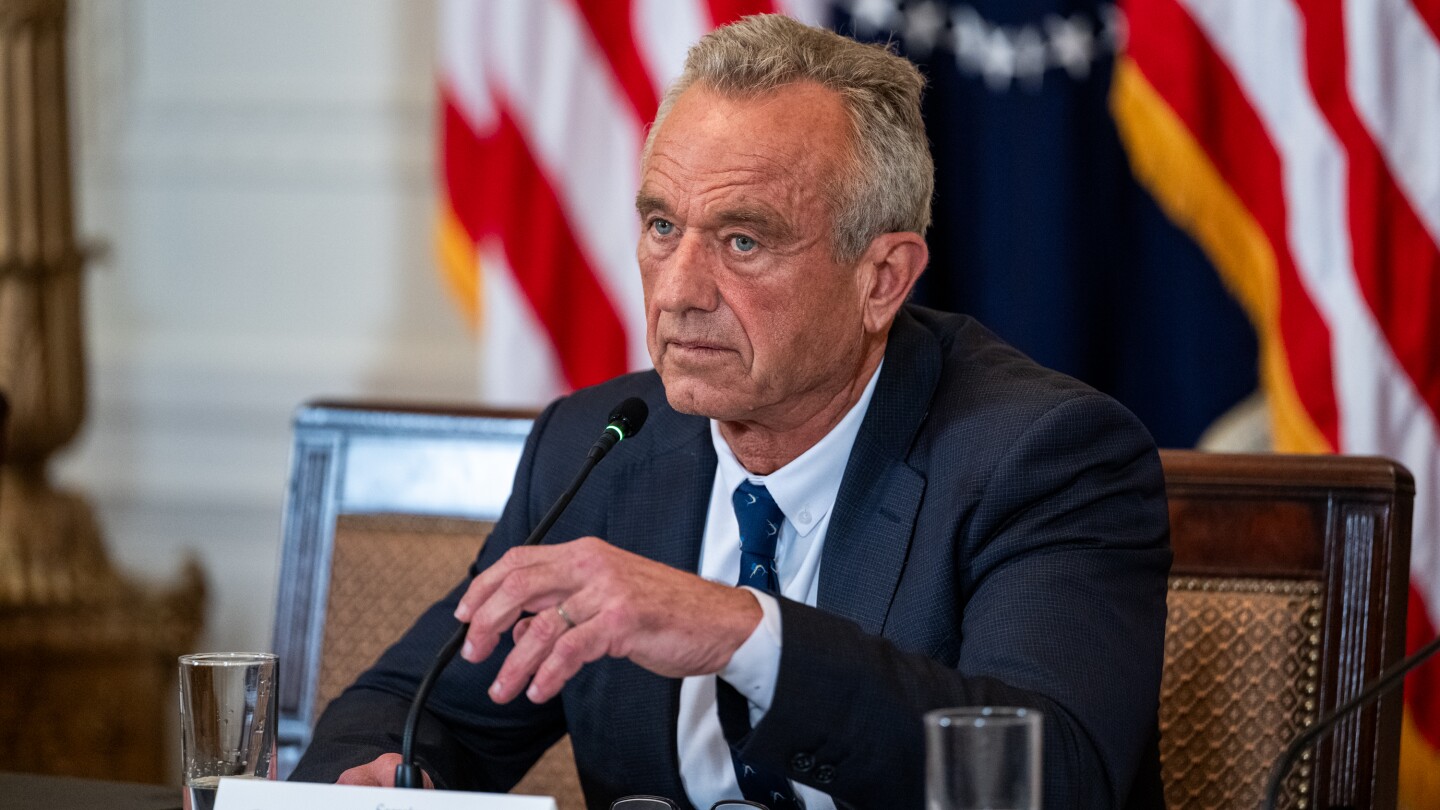News
Inclacumab, which Pfizer obtained in its 2022 acquisition of Global Blood Therapeutics, failed to significantly lower pain episodes in patients with sickle cell disease over the 48-week treatment period.
FEATURED STORIES
Billions in market cap are being shed as the markets reel over President Donald Trump’s escalating trade war. Eli Lilly’s value has dropped more than $95 billion in just one month.
Long considered resistant to economic downturns, the pharmaceutical industry may face a greater challenge this time around as GLP-1s dominate and the population grows older.
Akero Therapeutics, 89bio, Boston Pharmaceuticals and more are working to bring novel treatment options for metabolic dysfunction-associated steatohepatitis to a market that could reach $16 billion by 2033.
Job Trends
Thermo Fisher Scientific Inc., the world leader in serving science, announced that its Board of Directors authorized a quarterly cash dividend of $0.39 per common share, payable on April 15, 2024, to shareholders of record as of March 15, 2024.
FROM OUR EDITORS
Read our takes on the biggest stories happening in the industry.
Unpredictable communication and a lack of transparency are eroding the industry’s and the public’s trust. The FDA, experts agree, needs to take control of the narrative.
THE LATEST
The deal marks an end for CAR T company Cargo Therapeutics, which has been slashing its workforce and cutting programs since the January decision to halt its lead candidate for a certain type of aggressive large B cell lymphoma.
President Donald Trump’s One Big Beautiful Bill, signed into law last week, reintroduces broader exemptions for orphan drugs from the IRA’s drug price negotiation program—a move welcomed by the biopharma industry. The new tax law also cuts Medicaid funding, posing a minimal risk to pharma’s bottomlines and potentially jeopardizing hospitals’ 340B status. It does not, however, include new rules for pharmacy benefit managers that had been in an earlier draft.
After issues with a batch of Jasper Therapeutics’ investigational antibody led to “lower” therapeutic effects in several patients, analysts at BMO Capital Markets said they “believe investors won’t feel comfortable coming back to the story.”
Societies, including the American Academy of Pediatrics, allege that Kennedy’s directive to remove COVID-19 from vaccination guidelines for healthy pregnant women and healthy children puts these vulnerable groups at risk of serious illness.
A readout from the company’s SUMMIT trial put its small molecule bezuclastinib on a collision course with rival Blueprint’s Ayvakit, which Leerink analysts said does not sufficiently treat all patients.
The partnership will give Chugai access to Gero’s artificial intelligence technology to discover novel targets in aging-related diseases. Chugai will then develop antibody-based drugs based on the findings.
After a season of regulatory upheaval, obesity and rare genetic diseases will likely remain major themes for biopharma in 2025, according to Jefferies.
Ekterly’s road to approval was not a smooth one. Last month, the FDA informed KalVista it would not meet its PDUFA date due to resource constraints and reports surfaced that Commissioner Marty Makary tried to have the application rejected.
Despite rehiring hundreds of FDA, CDC and NIH employees, the Department of Health and Human Services is still a skeleton of its former self under Health Secretary Robert F. Kennedy Jr.
TIGIT-targeting therapies have largely disappointed in recent months, with failed studies, terminated partnerships and shuttered businesses. Here are five biopharma players staying alive with differentiated candidates against the once promising immuno-oncology target.


















